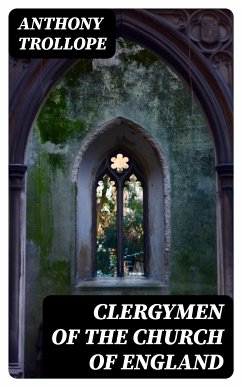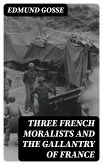In "Clergymen of the Church of England," Anthony Trollope provides an incisive examination of the ecclesiastical life in Victorian England, focusing on the complexities and moral dilemmas faced by clergymen of diverse backgrounds and beliefs. The book, written in Trollope's signature prose, merges keen social observation with rich character development, vividly illustrating the tensions between personal faith and institutional expectations. Its literary style, characterized by a blend of realism and satire, situates it within the larger context of Trollope's works as a critic of society's norms, challenging readers to confront the contradictions in religious practice and belief. Trollope, an astute observer of the social and moral fabric of his time, was profoundly influenced by his early experiences in the Church of England. His background as the son of a clergyman allowed him to explore the intricacies of ecclesiastical life firsthand. This intimate familiarity with both clerical duties and societal pressures imbues the narrative with authenticity and depth, underscoring the coexistence of devotion and professional obligation among clergy. For readers interested in Victorian literature, social criticism, or the portrayal of religion in literature, "Clergymen of the Church of England" is a compelling exploration of faith, duty, and the human condition. Trollope's nuanced portrayal of his characters invites reflection on moral integrity and the challenges of serving a community in pursuit of spiritual truth.
Dieser Download kann aus rechtlichen Gründen nur mit Rechnungsadresse in A, B, BG, CY, CZ, D, DK, EW, E, FIN, F, GR, H, IRL, I, LT, L, LR, M, NL, PL, P, R, S, SLO, SK ausgeliefert werden.









